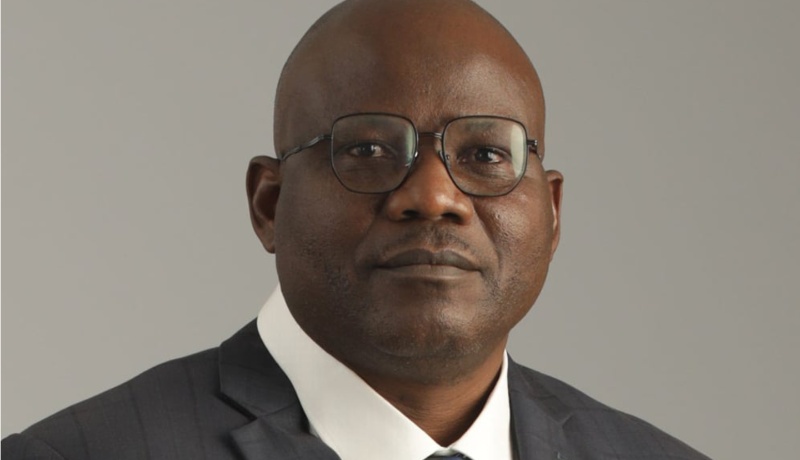The Managing Director of BUA Foods, Ayodele Abioye, has disclosed that the company has invested over $200m in its integrated sugar estate in Lafiagi, Kwara State.
Abioye said this on Wednesday during a chat with journalists at the firm’s headquarters in Lagos.
He revealed that the company was investing in the project comprising a sugar refinery, ethanol plant and other supporting infrastructure to reduce dependence on forex-impacted raw materials.
He said, “The bulk of our raw materials are FX-dependent, which is a major issue. As it stands today, Nigeria is yet to be an industrial agricultural producer of sugarcane, which is a major source of raw material for us.
“We still depend on other countries. One of the things we are working with the government is to accelerate development in sugar cane agriculture. It used to be there.”
According to Abioye, the BUA sugar estate in Lafiagi is sitting on about 20,000 hectares of land space, an integrated project that has a combination of cultural estate and 20,000 metric tonnes of refinery, 15,000 tonnes of crushed canes daily capacity.
“It has an industrial ethanol plant, and of course, you have supporting infrastructure; schools, and estate that we are building as well. There is also an airport, a three-kilometre airport. We have spent more than $200m so far.
“We are accelerating that space to see how we can reduce our dependence on forex. It is not going to be everything but at least it is a good step in the right direction. Also with the government’s support,” he stated.
Speaking on paddy rice, Abioye said, “We need paddy. As you know Nigeria is one of the users of paddy rice. Over the years, the government has tried as much as possible to develop this supply chain.
Specifically for us, what we are trying to do now is have engagement with communities, and partnerships in agriculture which we believe are the best.”
He disclosed that the government had done several outgrower schemes that failed.
“We are now working with community leaders rather than working with individuals. We do this with the Lafiagi Emirates, the emir; we know them, we can support them, enrol their farmers, supervise them, give them the inputs and get the outputs off them.
“And those outputs we will be able to buy more than 60 per cent off them to feed our mills while they take the extras, sell to other people. If not, we can buy all from them.”
According to the BUA Foods boss, the firm is in the process of extending this to other communities, to push for self-sufficiency in terms of supply of local materials.
On the key drivers of BUA Foods in the New Year, Abioye said that would increase the production system to deliver more volume to the market.
“The drivers of our products will come largely from volume; product offering and low pricing are also critical, particularly with the situation we are in. Our business model is such that we try as much as possible to hold back some of the impact of the shock, so we don’t pass the entire cost to the market,” he said.
The firm’s Chief Financial Officer, Abdulrasheed Olayiwola, noted that BUA had reduced its borrowing.
“The borrowing figure you are seeing is around the FX thing we are talking about. Most of the businesses use IFF (Import Finance Facility) for importation. The borrowings are short-term borrowings.
“For the time being now, the CBN is clearing forwards, so the number will continue to go down. On IPO, as the MD mentioned, we have other expansion programmes that we are targeting.”
In its unaudited report for 2023, fortified Sugar brought in the highest revenue to BUA Foods of its different business segments. The firm’s total revenue rose by 74.13 per cent to N728. 48bn in 2023 from N418. 35bn in the prior year, underpinned by 153 per cent growth in income from fortified sugar to N327.55bn.
Despite a 116 per cent increase in finance costs to N18.89nm and N73.56bn forex loss, the firm’s profit improved by 22.11 per cent to N111.54bn, compared to N91.34bn in the previous year.
SOURCE: PUNCHNG











